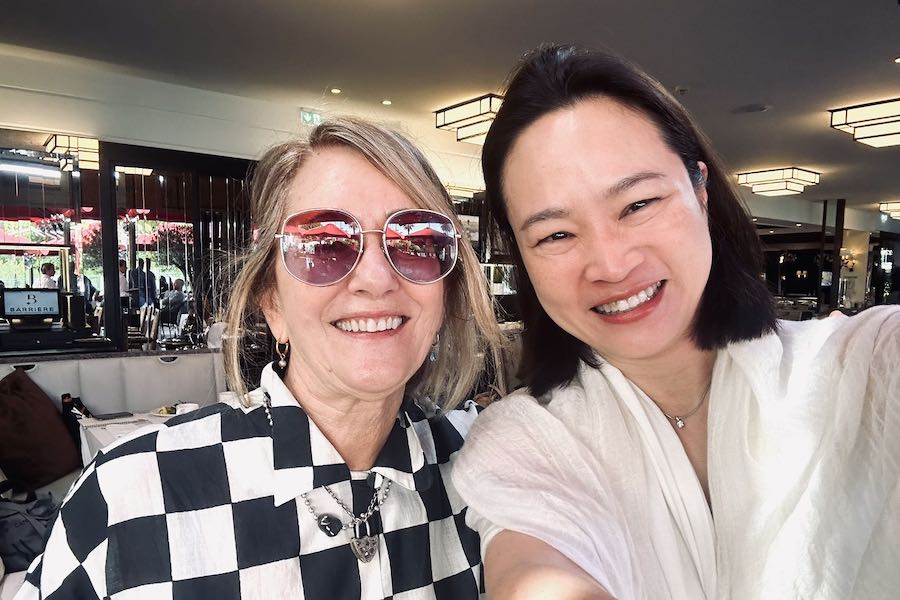Decoding APAC successes at Cannes Lions 2023 with Jane Lin-Baden
The Publicis Groupe Asia-Pacific CEO shares her thoughts on this year’s Titanium winners, the state of creativity in APAC, and what she hopes to see from future award entries.
by Staff Writer

Sign In
Trouble signing in?
